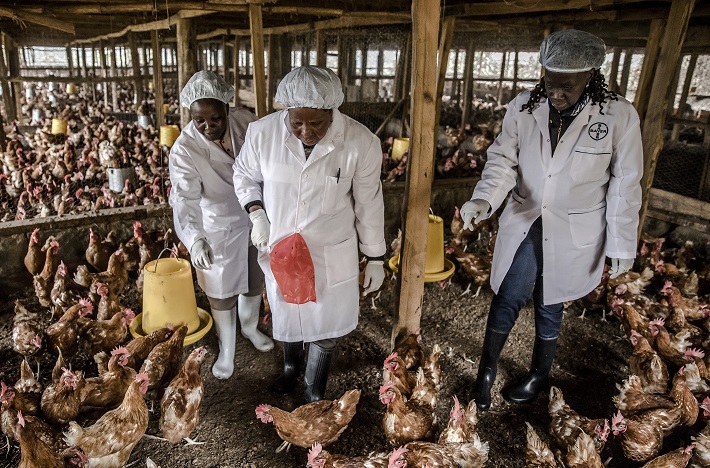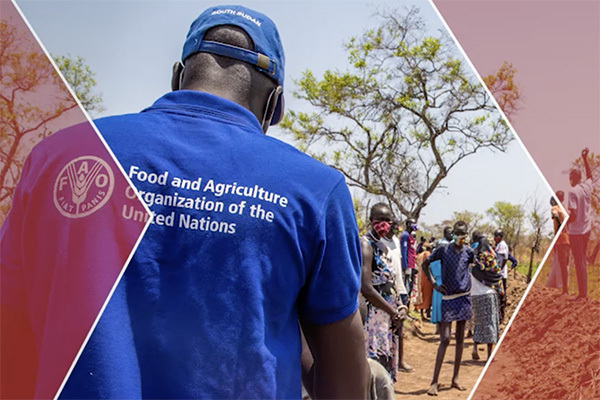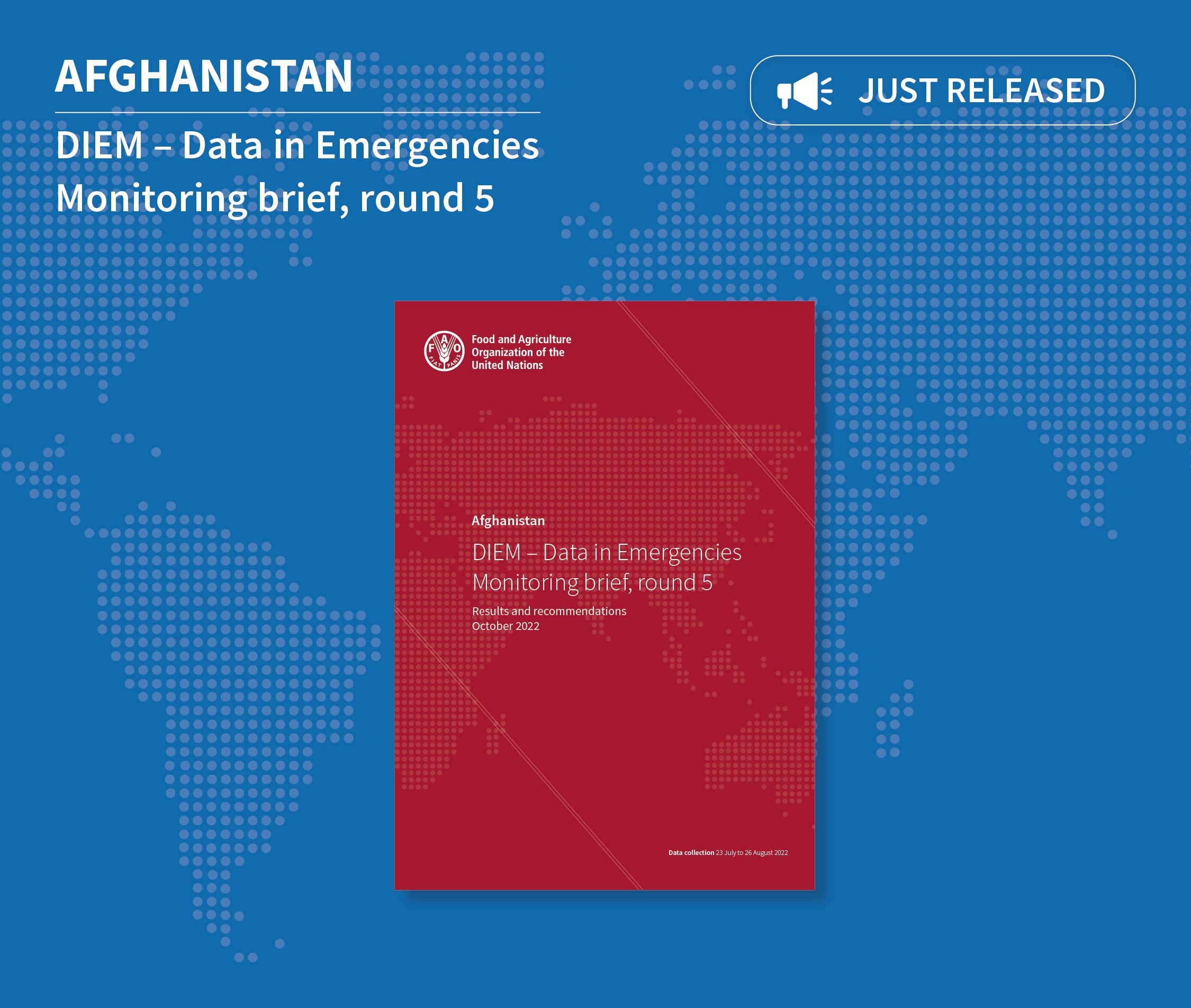Data dissemination

FAO is responsible for the compilation, analysis and dissemination of a comprehensive variety of statistical data on food, agriculture and the sustainable management of natural resources. The Organization provides free and unrestricted access to 22 major databases and produces publications with key statistical content covering different topics under FAO’s mandate and strategic goals: better production, better nutrition, a better environment and a better life for all, leaving no one behind.
Through these products, FAO works to ensure that high-quality and internationally comparable data are produced and made accessible to all countries, thus contributing to building a comprehensive knowledge base on food and agriculture. In this context, FAO has recently adopted an Open Data Licensing Policy, which advocates for the application of a suitable open data license to be applied to all statistical data disseminated through corporate databases. The Organization is fully committed to promote open data practices to improve data access, derive additional value from data assets, and maximize data use.
To stay up-to-date on FAO data releases, please consult FAO Data Release Calendar.
Early warning, emergencies and resilience

DATABASE
Food Price Monitoring and Analysis (FPMA)
The Food Price Monitoring and Analysis Tool contains latest information and analysis on domestic prices of basic foods mainly in developing countries, complementing FAO analysis on international markets. It provides early warning on high food prices at country level that may negatively affect food security.

DATABASE
Data in Emergencies Hub
FAO Data in Emergencies Hub provides essential information for fighting food crises and achieving Zero Hunger.

DATABASE
Empres-i
FAO Global Animal Disease Information System supports veterinary services by facilitating regional and global disease information.

DATABASE
Locust Hub
Along with climate shocks, conflict and acute food insecurity, the East Africa region now faces a hunger threat from Desert Locust. The Locust Hub aims to provide information, maps and resources about the state of the locust upsurge and UN's ongoing response efforts.
Related publications
gLOBAL REPORTS

MAJOR REPORTS


PUBLICATIONS
COUNTRY REPORTS
.jpeg?sfvrsn=d6723f77_2)
SHORT-TERM ANALYSES AND REPORTS
World Food Situation Series (FR | ES| AR | CH | RU)
Food outlook (FR | ES | AR | CH | RU)
Crop Prospects and Food Situation (FR | ES | AR | CH | RU)
Food Price Monitoring and Analysis (FPMA) Bulletin (FR | ES | AR | CH | RU)
